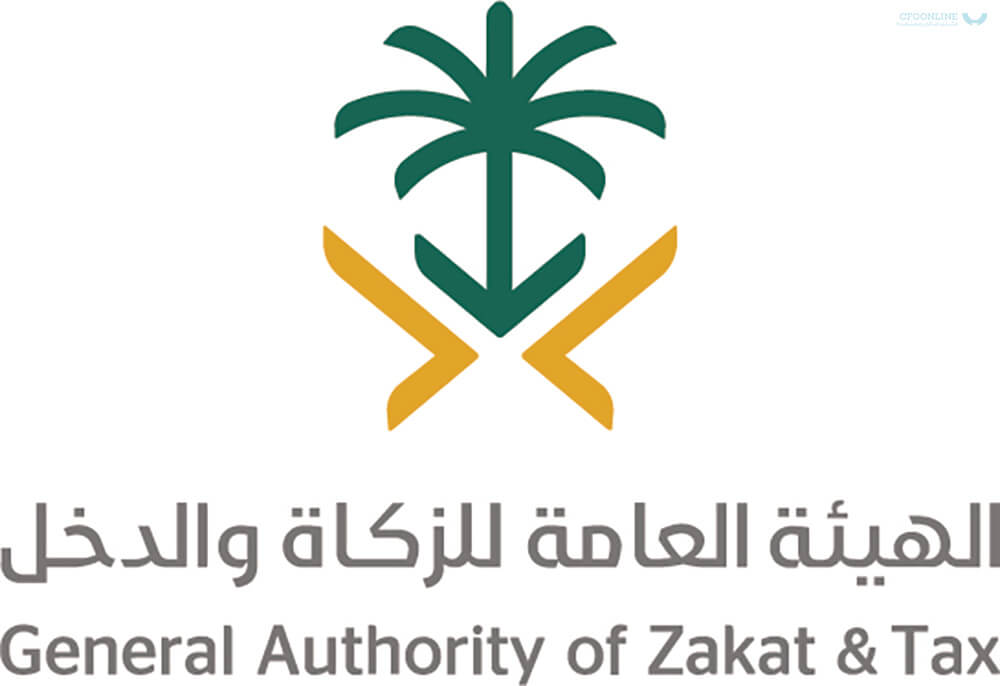Zakat collection Ministerial Resolution No. 58705 You will find on our website CFOONLINE a distinct explanation of the most important laws and legislation in the Kingdom of Saudi Arabia
and a follow-up of all your transactions by a staff of financial and legal specialists at reasonable prices with the provision of free accounting advice.
What is the zakat collection system?
The system for collecting zakat in the Kingdom of Saudi Arabia is managed by the General Authority for Zakat and Income,
which is the body responsible for collecting zakat and ensuring its distribution to those who are entitled to it in accordance with the provisions of Islamic law.
Zakat collection Ministerial Resolution No. 58705 dated 09/21/1444 AH
The Minister of Finance is the Chairman of the Board of Directors of the Zakat, Tax and Customs Authority, based on the powers vested in him by law.
And based on the Zakat collection system issued by Royal Decree No. (17/2/28/8634) dated 6/29/1370 AH.
And based on Royal Decree No. (M / 40) dated 2/7/1405 AH, which includes collecting zakat in full from all companies, institutions and others subject to zakat.
And based on Cabinet Resolution No. (126) dated 2/30/1436 AH, the judge in item (Second) authorized the Minister of Finance to issue the decisions necessary to implement Royal Decree No. (M / 40) dated 2/7/1405 AH.
And after reviewing the executive regulations for collecting zakat issued by Ministerial Resolution No. (2216) dated 7/7/1440 AH.
decides the following:
First: Adding and amending some paragraphs of articles with numbers (5, 6, 8, 25) of the executive regulations for collecting zakat issued by Ministerial Resolution No. (2216) dated 7/7/1440 AH, to become as follows:
- Subparagraphs (e) and (f) shall be added to paragraph (1) of Article (5), and shall be in accordance with the following text:
- (e) Staff residences owned by the taxpayer.
- (f) Housing loans paid to employees through employee housing support programs, if their contracts include a statement that the financing was through a good loan,
or a deferred sale without the company due any financial profits, or fees in excess of the principal amount of the financing.
2. Paragraphs (7) and (8) shall be added to Article Six, and shall be in accordance with the following text:
- (7) With regard to employee housing support programs, the price of the housing unit that the employee bears must not exceed its actual cost to the taxpayer,
and the employee must not bear any additional amounts in exchange for the loan, and this includes cases in which the contract is terminated before the completion of its term.
- (8) For Zakat purposes, the taxpayer may treat the sukuk and bonds issued by him as capital, without considering their classification in the financial statements he has,
and in this case those sukuk and bonds will be deducted from the Zakat base of the investors in them if they are not for trading, and the taxpayer is not allowed to issue this Transaction during the maturity period of sukuk and bonds.
3. Paragraph (8) shall be added to Article (Eight), and shall be in accordance with the following text:
- (8) Returns on debts incurred by the taxpayer on behalf of his employees in employee housing support programs.
4. Paragraph (3) of Article (twenty-five) shall be amended to read as follows:
- To accept the objection in terms of formality, the taxpayer must pay no less than (10%) of the value of the Zakat amounts for the items objected to and not more than (25%) of them,
or provide a financial guarantee for that, and the Authority may set the regulating controls.
Second: This decision shall be notified to whoever is required to implement it, and it shall be enforced from the date of its issuance.
God bless.
Mohammed bin Abdullah Al-Jadaan Minister of Finance
Chairman of the Board of Directors of the Zakat, Tax and Customs Authority
Edited by the CFOONLINE office, the authorized financial office in the Kingdom, for this article, Zakat collection Ministerial Resolution No.
58705, and we are ready to provide services to our customers in the best way, with our staff of financial and legal specialists, to follow up on all accounting matters step by step.
Related articles:
_ Professional Companies Law 1444 AH
_Types of Zakat and its conditions 2023
_ Conditions for the obligation of zakat 9 Get to know them
_ Zakat calculation in Saudi Arabia 1444 AH
Zakat collection list
- Zakat is collected in the Kingdom of Saudi Arabia in accordance with the Zakat Regulations approved by the Saudi government.
The regulation defines the criteria and conditions for levying zakat on assets, funds, products, investments, profits, and income in the Kingdom of Saudi Arabia.
- Zakat is collected in the Kingdom of Saudi Arabia through the General Authority of Zakat and Income. The authority collects zakat from institutions, companies
and individuals whose total funds resulting from profits, saved funds, investments, products, fixed and current assets, profits and income due exceed the minimum limit for zakat set by law.
- The percentage of zakat varies according to the type of assets and funds that are subject to zakat, and ranges between 2.5% and 10% of the net value of the assets and funds covered by zakat.
- The Zakat Regulations in the Kingdom of Saudi Arabia are among the important regulations that determine how zakat is collected and distributed to the beneficiaries,
and the General Authority of Zakat and Income is strictly applying it to ensure compliance with the applicable laws and regulations.
Zakat collection system
The system for collecting zakat in the Kingdom of Saudi Arabia depends on the Authority of Zakat and Income, which is considered the official body responsible for collecting and managing zakat, taxes and fees in the Kingdom.
The authority collects zakat from Muslims residing in the Kingdom who own the equivalent of 85 grams of gold or more than a specified minimum value. Zakat is collected through several means, such as:
- Pay online.
- Payment at authorized bank branches.
The authority uses a modern system to determine the amount of zakat owed by individuals and companies, and this system is based on the application of a set of legal,
accounting and tax rules. The authority also sets programs and plans to educate the community about the importance of zakat and its role in improving the lives of the needy and developing society.
Individuals and companies must pay the zakat due on them on the specified date, and in the event of non-compliance with this, the penalties and fines stipulated in the system shall be applied.
Zakat collection system to be downloaded as a PDF file, you can do so through the following link: Press here
After explaining in this article Zakat collection Ministerial Resolution No. 58705 of the zakat regulations and the zakat collection system,
the executive regulations of the zakat collection system and the new zakat regulations must be mentioned.
The executive regulations of the zakat collection system
The executive regulations of the system for collecting zakat in the Kingdom of Saudi Arabia contain many provisions and conditions that must be adhered to by the authorities concerned with collecting zakat.
The list includes the following:
- Determining the percentage of zakat: The regulation sets the percentage of zakat on assets and savings at 2.5% per annum.
- Zakat payable: Zakat is calculated on all assets for which nisab is achieved, which is the amount that an individual must pay as zakat. The nisab is calculated as 85 grams of gold or its equivalent in other currencies.
- Determining the authorities authorized to collect zakat: The system identifies the authorities responsible for collecting zakat in the Kingdom of Saudi Arabia. It is the Ministry of Islamic Affairs, Endowments, Call and Guidance, and the Zakat and Income Authority.
- Method of collecting zakat: The regulation defines the permitted methods for collecting zakat, including online payment, through approved banks, or cash.
- Disclosure of assets and savings: Those responsible for collecting zakat must obtain detailed information about the assets of individuals, companies and associations, and present them in an annual report that is published to the public.
- Penalties: The regulation stipulates that a person who fails to pay zakat can be subject to financial penalties, and may be subject to criminal accountability as well.
To download the new zakat list in PDF, you can do so through the following link: Press here
In conclusion to our article on the Zakat collection Ministerial Resolution No. 58705, in which we explain in a simplified manner the collection system in Saudi Arabia, its executive regulations, and the ministerial decision.
We note the importance of hiring a specialized accountant to facilitate your transactions in the Kingdom, and this is what we provide for you in CFOONLINE, the approved financial office in Saudi Arabia.
The most important sources:





